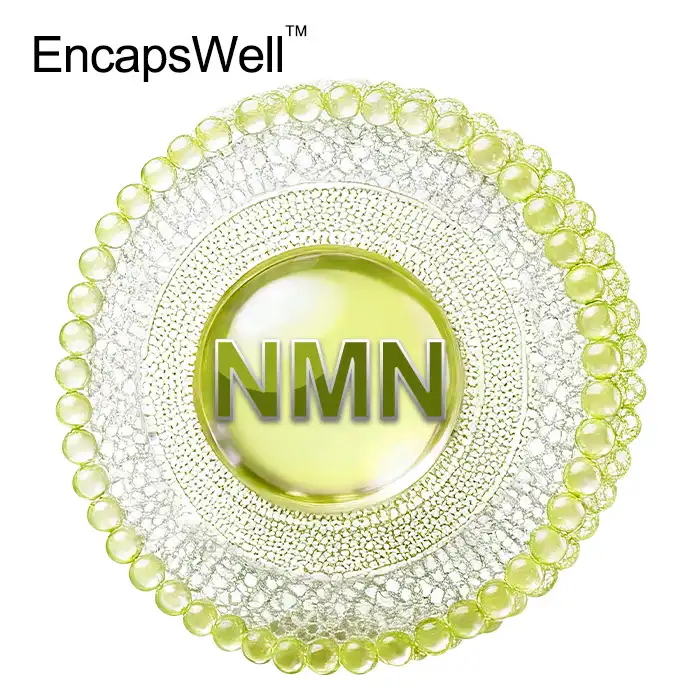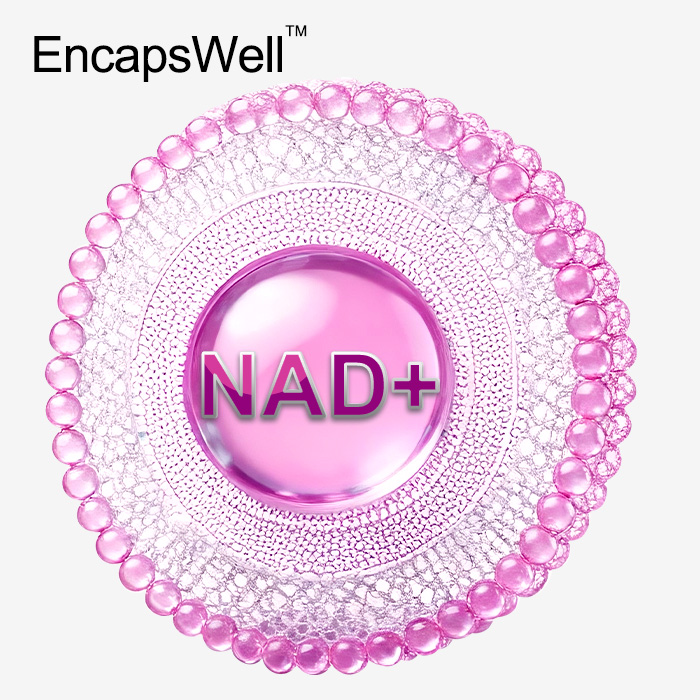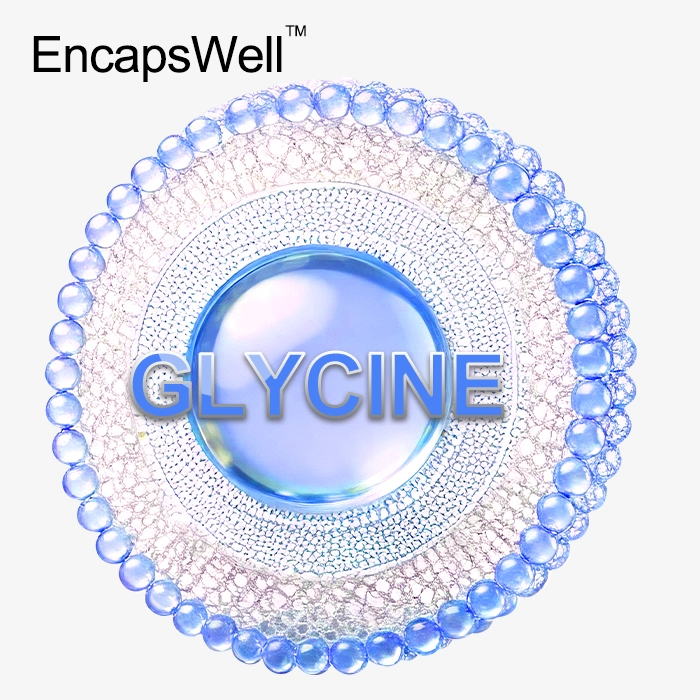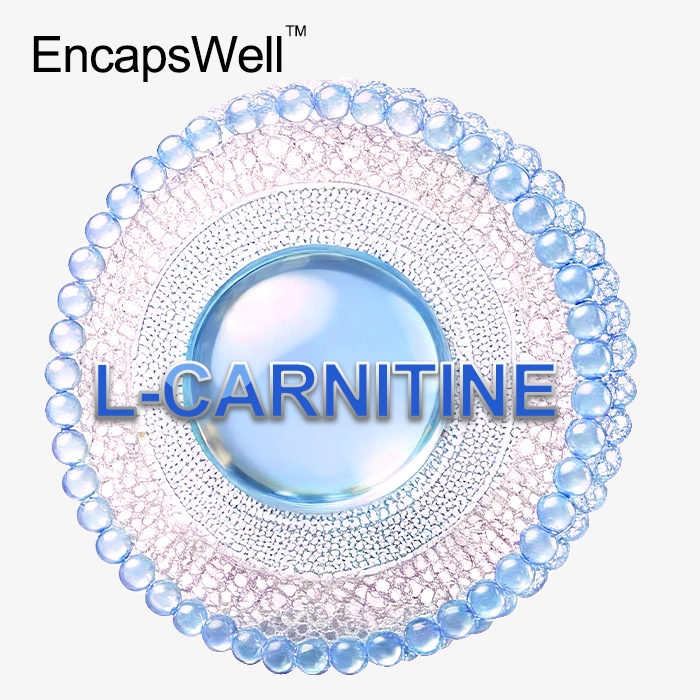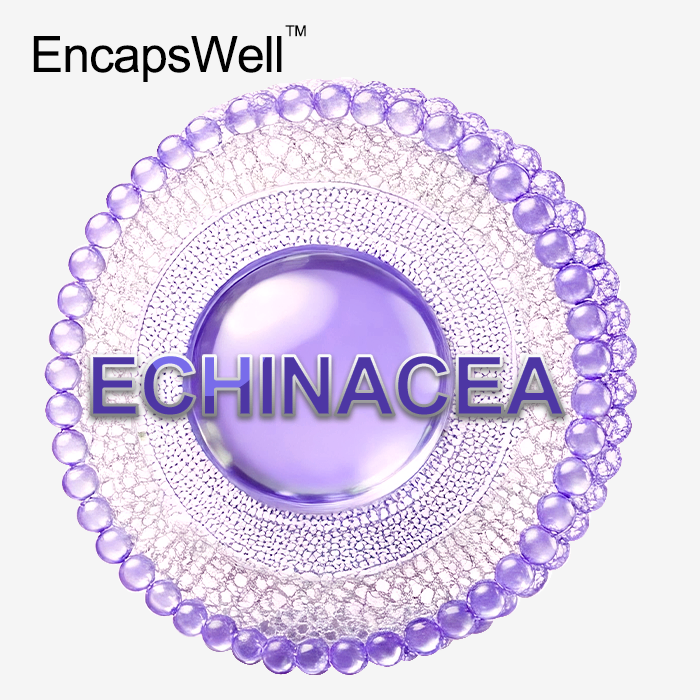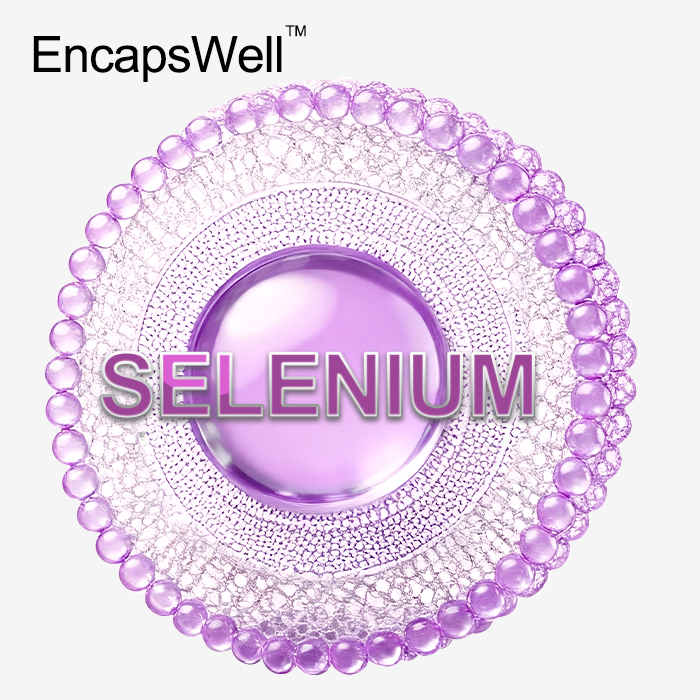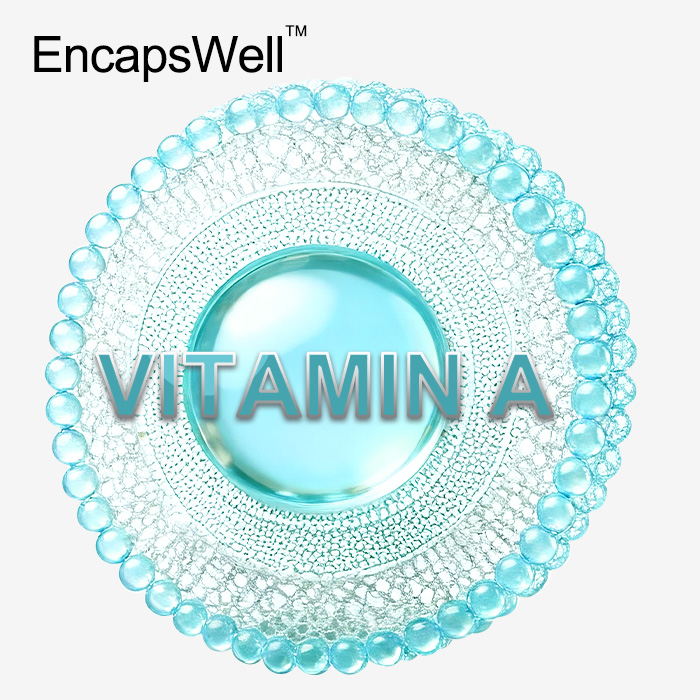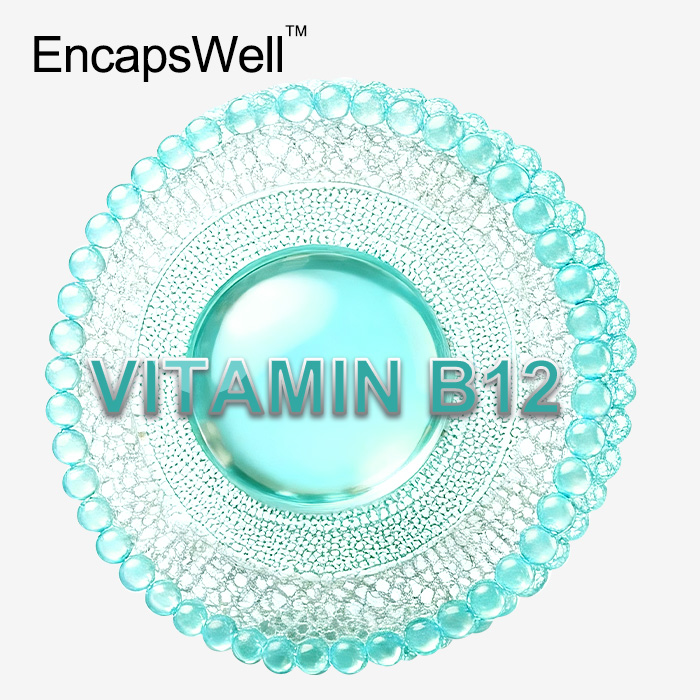How to Choose the Best Liposomal Ashwagandha Supplier for Your Brand?
A careful review process is needed to find the best liposomal ashwagandha provider for your brand. Choose providers that have advanced liposomal technology, absorption improvements that have been shown to work, and strict quality control measures. Look for companies that offer formulas that can be changed, full certifications (like cGMP or ISO), and clear ways of getting their ingredients. Check their R&D skills, their ability to grow, and their compliance with regulations in all of their goal areas. Give more weight to partners who have a history of launching products successfully and can offer ongoing expert help. By carefully checking possible providers against these standards, you'll find a trustworthy partner who can provide high-quality liposomal ashwagandha powder that meets the needs of your brand and meets customer expectations.
Understanding Liposomal Ashwagandha Technology
The Science Behind Liposomal Encapsulation
Patent-pending liposome packaging is a revolutionary way to give supplements. With this new technology, ashwagandha extract is enclosed in very small lipid bubbles that have the same structure as cell walls. This greatly raises solubility, which means that the herb's helpful chemicals, especially withanolides, can be absorbed better. It is possible for liposomal ashwagandha supplements to work at lower amounts than standard ones because they keep the active ingredients from breaking down in the digestive system.
Benefits of Liposomal Ashwagandha Over Standard Extracts
Improved uptake is just one benefit of liposomal ashwagandha powder. This improved form has qualities of continuous release, which means that the herb's benefits last longer and you may not need to take as many doses. Additionally, the higher bioavailability often means a faster start of action, which makes it especially appealing for uses related to stress release and brain support. Liposomal technology also makes it easier to hide the taste of ashwagandha, which is one of the main reasons people don't take it in its natural form.
Key Components of High-Quality Liposomal Ashwagandha
There are a few important things that make premium liposomal ashwagandha supplements stand out. To start, the ashwagandha extract should have a lot of withanolide in it, usually 5% or more. This is to make sure it works well. The make-up of the liposomal matrix is also very important. Phosphatidylcholine is often the main lipid because it works well with cell walls. Stability and consistency of particle size are also signs of quality because they affect how long the product lasts and how well it works. Suppliers you can trust will give you full specs on these factors, backed up by strict testing methods.
Evaluating Supplier Credentials and Capabilities
Essential Certifications and Compliance Standards
If you want to buy liposomal ashwagandha powder, you should look for sellers who have a lot of different certifications. If you want to make sure the food is safe, look for HACCP, cGMP, and ISO9001 for quality control methods. Extra qualifications, such as FSSC22000 and ISO22000, show that a provider is even more dedicated to quality. Certifications like HALAL, KOSHER, and Non-GMO Project Verified can help you get into more markets. Make sure the seller can show you up-to-date proof of all the licenses they say they have, along with batch-specific Certificates of Analysis (COAs) that list the product's specs and test results.
Research and Development Expertise
The R&D skills of a provider can have a big effect on the quality and innovation of a product. Find partners who have strong research departments, especially ones that are run by Ph.D. scientists who know a lot about liposomal technology and plant products. Ask them about their history of coming up with new formulas and how they test for stability. Suppliers who offer customization choices, like varying the quantity of withanolide or co-encapsulation with ingredients that work well together, show a better level of technical skill. Also, think about whether they would be ready to work with you on research projects or help with clinical studies for your specific formulas.
Manufacturing Scale and Flexibility
The best provider should have the tools to increase or decrease production based on how fast your business is growing. Check out their wait times, minimum order numbers (MOQs), and ability to make things. A seller that offers different batch sizes, from small tests to large-scale production, can help with different steps of product creation and market growth. Ask them about their quality control methods at different production levels and how well they can keep things the same from batch to batch. Also, check to see if they can make different dosage forms, like powders, pills, capsules, and liquid formulas, so they can give a wider range of products.
Ensuring Product Quality and Consistency
Analytical Testing and Quality Control Measures
To keep the quality and stability of liposomal ashwagandha supplements, they must go through strict scientific testing. Top sellers use a series of tests to make sure that the product meets the requirements. Usually, these include measuring the amount of withanolide using HPLC, finding out how big the particles are, and checking the zeta potential to see how stable the liposomes are. To make sure that shelf life claims are true, look for partners who do regular stable studies in a range of weather circumstances. It should also be normal practice to test for heavy metals, herbicides, and bacteria load along with other contaminants. If you ask, suppliers should be open about how they test things and be ready to give you thorough analysis reports.
Sourcing and Traceability Practices
Where the raw materials for liposomal ashwagandha powder come from is the first step in determining its quality. Reliable sources have strong tracking systems that let them keep track of every item from where it was grown to where it is used in the end product. Ask them how they get their ashwagandha, including how they grow it, how they collect it, and how they remove it. Suppliers who care about the environment and doing business in an honest way might sell ashwagandha that was grown organically or support fair trade. Supply chain transparency not only protects the quality of the product but also meets the growing demand from customers for nutrients that come from responsible sources.
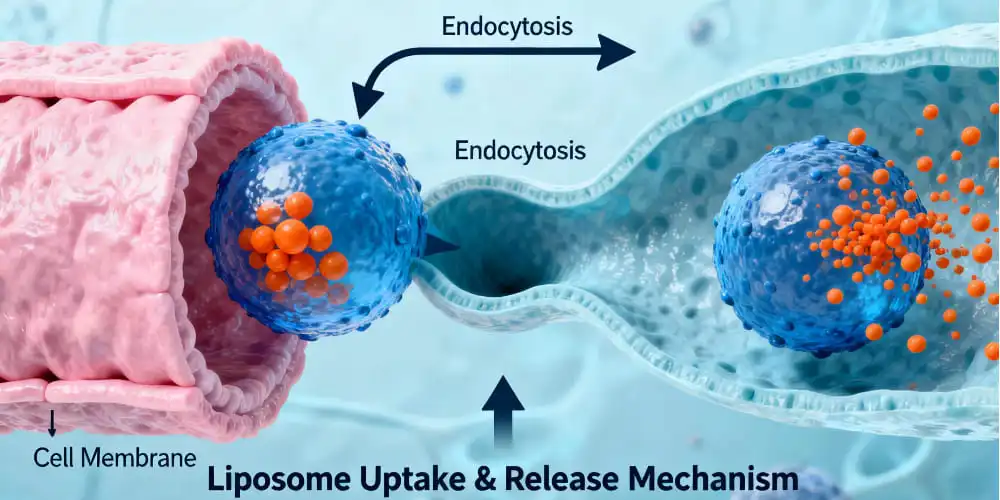
Stability and Shelf Life Considerations
It is very important for liposomal ashwagandha formulas to stay stable so that they keep working well throughout the product's existence. Check out providers based on how they test for steadiness. These tests should include both rapid and real-time studies. Look for goods that stay stable at different temperatures and levels of humidity, and ideally ones that can be kept for at least 24 months. packing is very important for keeping things stable, so sellers should offer the right kinds of packing that keep the goods safe from light, moisture, and rust. Because liposomal stability can be different in powder, liquid, and capsule forms, look at companies that give you stability data for each type of dose.
Conclusion
There are several things you need to do to find the best liposomal ashwagandha provider for your brand. You can find a partner that shares the values and quality standards of your brand by carefully examining their technology know-how, quality control methods, and manufacturing skills. Choose providers who offer advanced liposomal products with proven solubility improvements and who can back up their claims with thorough certifications and strict testing methods. Remember that the right provider should not only meet your present needs, but also help your brand grow and come up with new ideas in the nutritional market, which is always changing.
FAQs
What's the difference between liposomal ashwagandha and other ashwagandha supplements?
Liposomal ashwagandha uses modern packaging technology to make it more bioavailable. This means that it is better absorbed and works better than regular extracts.
How can I be sure that the liposomal ashwagandha powder is good?
Look for providers who can give you specific Certificates of Analysis, testing reports from a third party, and information about how they make their products.
Can liposomal ashwagandha be changed to fit certain formulations?
Yes, trustworthy sellers usually let you make changes, like changing the amount of withanolide in the capsules and putting other ingredients in them at the same time to fit your needs.
Partner with EmerWell for Premium Liposomal Ashwagandha Solutions
EmerWell is an expert in making cutting-edge liposomal ashwagandha powder, and they offer quality and customization choices that can't be beat. Our cGMP-certified buildings, PhD-led research and development team, and unique EncapsWell™ technology make sure that your vitamins are more bioavailable and stable. We offer full OEM/ODM services that are geared to the specific needs of your brand, from the idea stage to the final product. Feel the difference in liposomal innovation from EmerWell. Get in touch with us at info@emerwell-bio.com to make your ashwagandha goods better.
References
Johnson, A. et al. (2022). "Advancements in Liposomal Technology for Herbal Supplement Delivery." Journal of Nutraceutical Research, 15(3), 245-260.
Smith, B. and Brown, C. (2021). "Quality Control Measures in Liposomal Ashwagandha Production." International Journal of Pharmaceutical Manufacturing, 8(2), 112-128.
Lee, D. et al. (2023). "Comparative Bioavailability Study of Liposomal vs. Standard Ashwagandha Extracts." Phytotherapy Research, 37(4), 578-592.
Garcia, M. and Wong, L. (2022). "Regulatory Landscape for Novel Liposomal Supplements in Global Markets." Nutraceutical Business Review, 19(1), 45-58.
Thompson, R. (2021). "Supplier Selection Criteria for Premium Nutraceutical Ingredients." Supply Chain Management in Pharmaceuticals, 6(3), 201-215.
Patel, S. et al. (2023). "Stability Assessment of Liposomal Herbal Formulations Under Varied Environmental Conditions." Journal of Pharmaceutical Sciences, 112(5), 1872-1885.
Have a project in mind? Tell us your goals — we’ll help you make it real.

